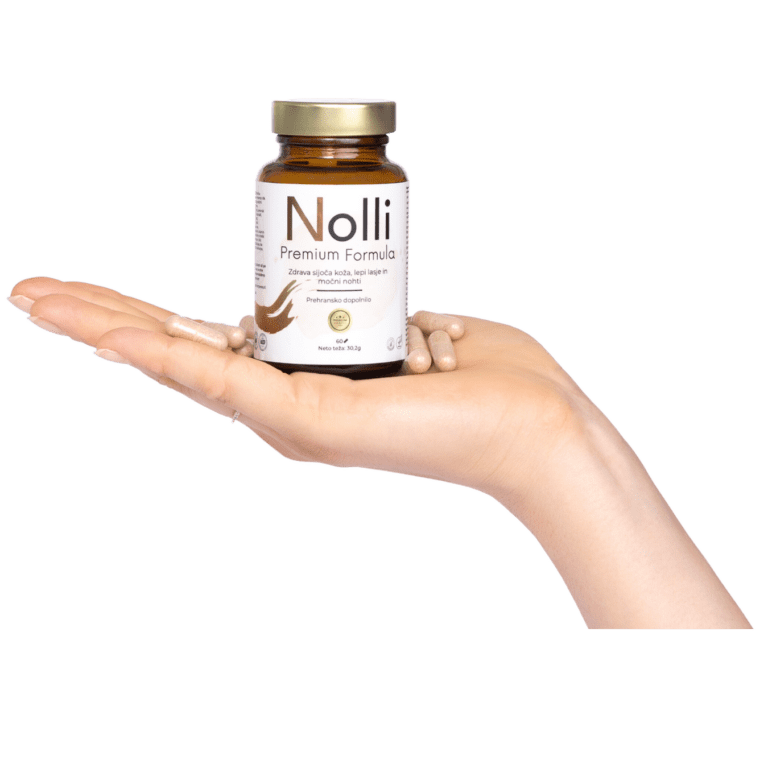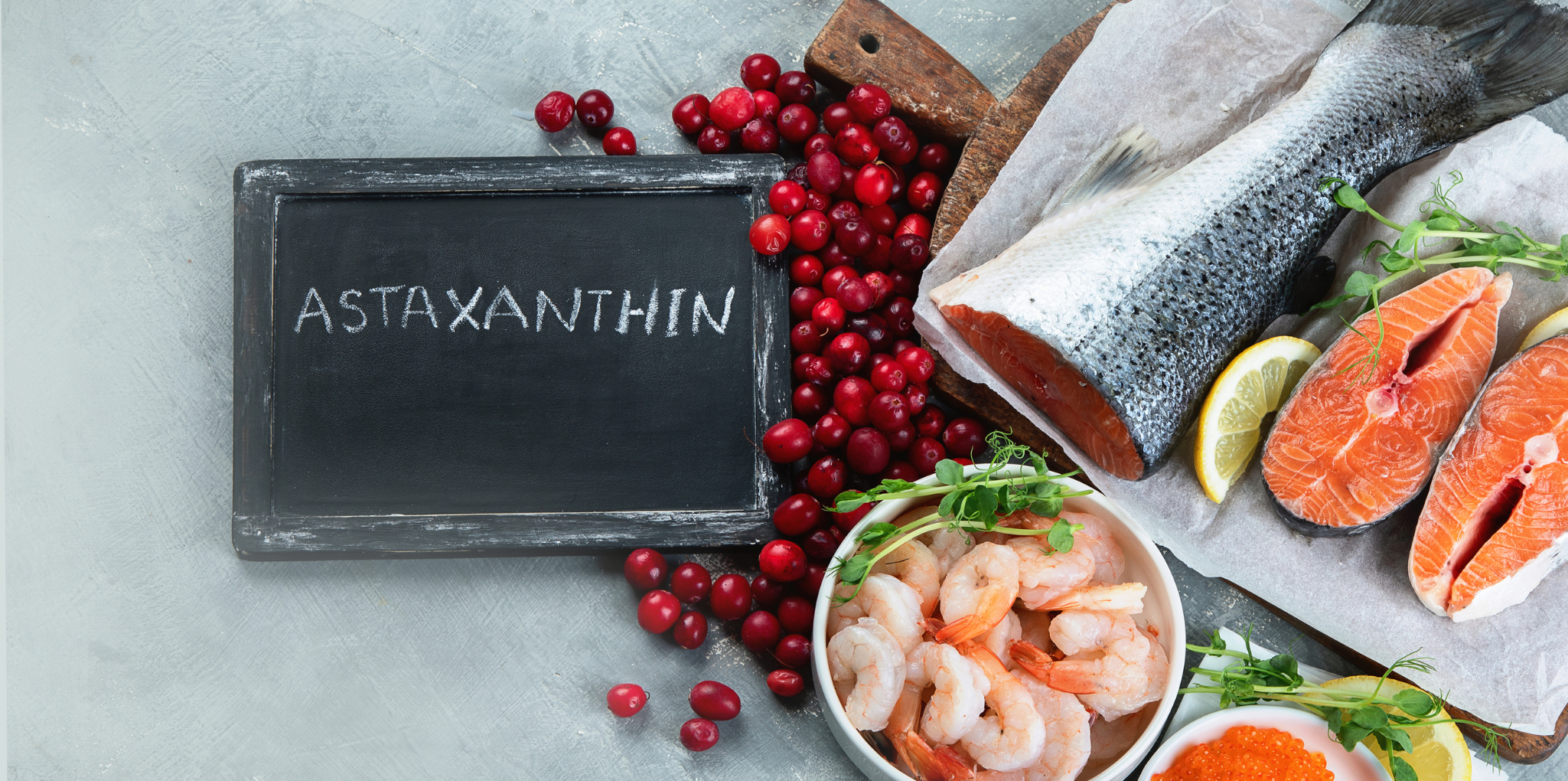For the survival of living organisms, the processes of nutrient absorption and metabolism are essential [1]. In a healthy state, the digestive tract utilizes the ingested nutrients, providing energy for heartbeats, breathing, and movement, while excreting waste products in the form of urine and feces.
However, when the digestive system fails to properly break down and absorb ingested nutrients, such as vitamins, minerals, fats, proteins, or carbohydrates, it can lead to a condition known as nutrient malabsorption. Normal nutrient absorption involves numerous specific digestion processes, and various disorders can alter physiological mechanisms, resulting in a wide range of symptoms and diet-related inconveniences.
The effectiveness of nutrient absorption can be affected by congenital diseases of the digestive system’s mucous membrane, such as genetic conditions or congenital defects in its structure [2]. Damage to the mucous membrane can also be caused by various conditions, such as inflammatory bowel diseases, celiac disease, or chronic diarrhea, which impair its absorptive capacity. In such cases, nutrient malabsorption is more likely to occur, leading to unintended weight loss, reduced energy levels for daily activities, vitamin and mineral deficiencies, anemia, increased susceptibility to infections, bloating, diarrhea, and elevated risk of other health issues.
Nutrient malabsorption can also be caused by a lack of digestive enzymes necessary to break down nutrients into smaller particles that can pass into the bloodstream and tissues. Additionally, reduced gastrointestinal motility, stagnation, or an imbalance of beneficial and unfavorable bacteria in the gut flora, as well as gastrointestinal infections, can lead to inflammation and damage to the intestinal mucous membrane, affecting the absorption of either all or specific nutrients.
Improving Iron Absorption
Iron is absorbed in the upper gastrointestinal tract, primarily in the duodenum. Animal sources, such as fish and meat, provide a form of iron known as heme iron, which has higher bioavailability compared to non-heme iron from plant sources. This means that the utilization of iron from animal sources is approximately 20% higher [1]. Since other factors, such as the acidity of gastric contents, also influence absorption, our body can better utilize iron from plant sources when consumed simultaneously with vitamin C. Vitamin C enhances solubility and forms a complex that increases stability, prevents oxidation, and reduces the gut’s acid-base balance, creating a more acidic environment that enhances absorption.
Golden Milk and Piperine
Golden milk, an Ayurvedic beverage known for its anti-inflammatory properties, immune and digestive system support, and overall well-being, is based on milk and spices, primarily turmeric, giving it its characteristic yellow color. Turmeric contains an active plant compound called curcumin, attributed to its anti-inflammatory effects. To enhance the bioavailability and efficacy of curcumin, black pepper spice (Piper nigrum) can be added to the milk. Piperine, an active compound found in black pepper, can increase the absorption of curcumin in the digestive tract by up to 2000% [3].
Enhancing Absorption of Other Nutrients
According to studies, piperine not only enhances the bioavailability and absorption of curcumin but can also increase iron utilization by 30% and boost the uptake of coenzyme Q10 and quercetin [4, 5, 6]
Piperine is attributed to therapeutic effects based on studies on models, demonstrating antioxidant, antimicrobial, anti-inflammatory properties, as well as gastroprotective and antidepressant activities. It supports brain function, enhances nutrient absorption, and improves digestive system function [7].
Similarly, to counter nutrient malabsorption, we can use a biologically active extract of black pepper known as BioPerine®. Standardized to contain at least 95% piperine, this product has a high percentage of this beneficial compound. BioPerine® influences specific enzymes responsible for the metabolism and absorption of various nutrients, including vitamins, minerals, and herbal products. Consequently, it enhances their biological availability, increases the utilization of ingested substances, and seeks solutions when nutrient malabsorption causes issues.
BioPerine® doesn’t function as a medication for addressing nutrient malabsorption issues. Instead, it is utilized to improve the utilization of other substances or nutrients ingested concurrently. Hence, it adds value to dietary supplements and formulations containing nutrients beneficial to us. It ensures maximal nutrient absorption, facilitating their journey into the bloodstream and tissues to support growth and rejuvenation.
Given the wide array of dietary supplements available on the market, which may contain beneficial ingredients, it is crucial to select quality-certified and approved supplements to achieve optimal results.
As with other dietary supplements, it is recommended to use them moderately and sensibly and to seek advice from a nutrition specialist, particularly if specific health problems or conditions are present.












